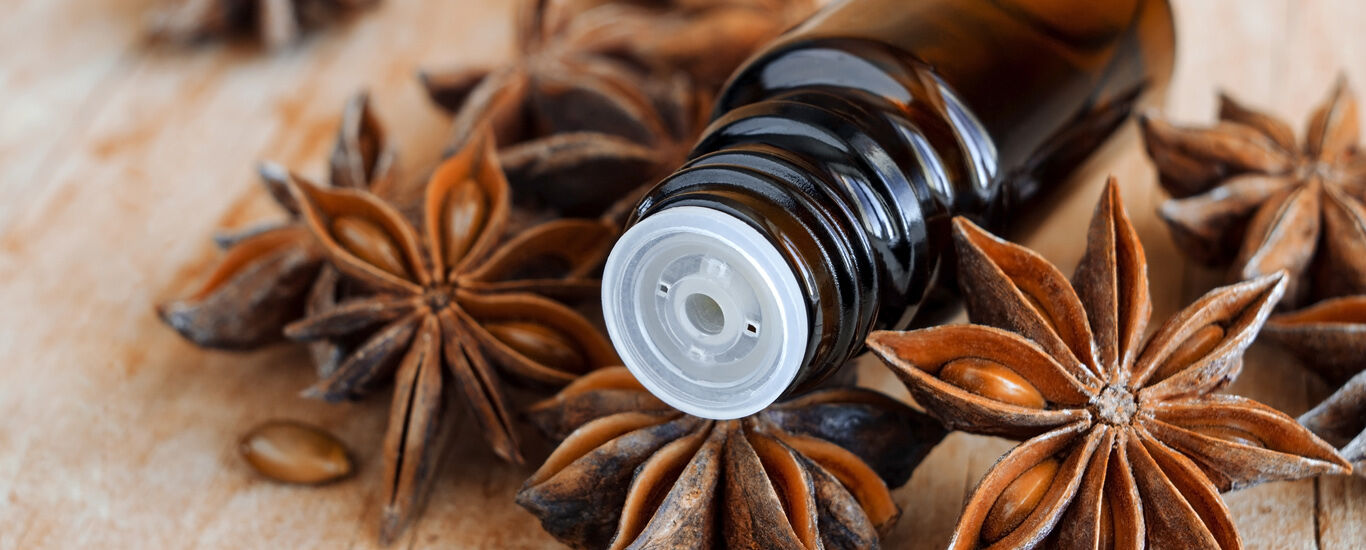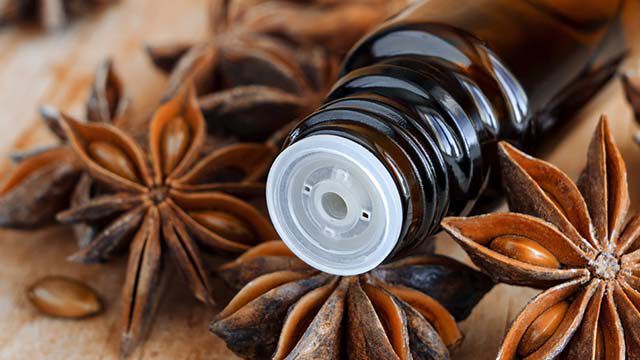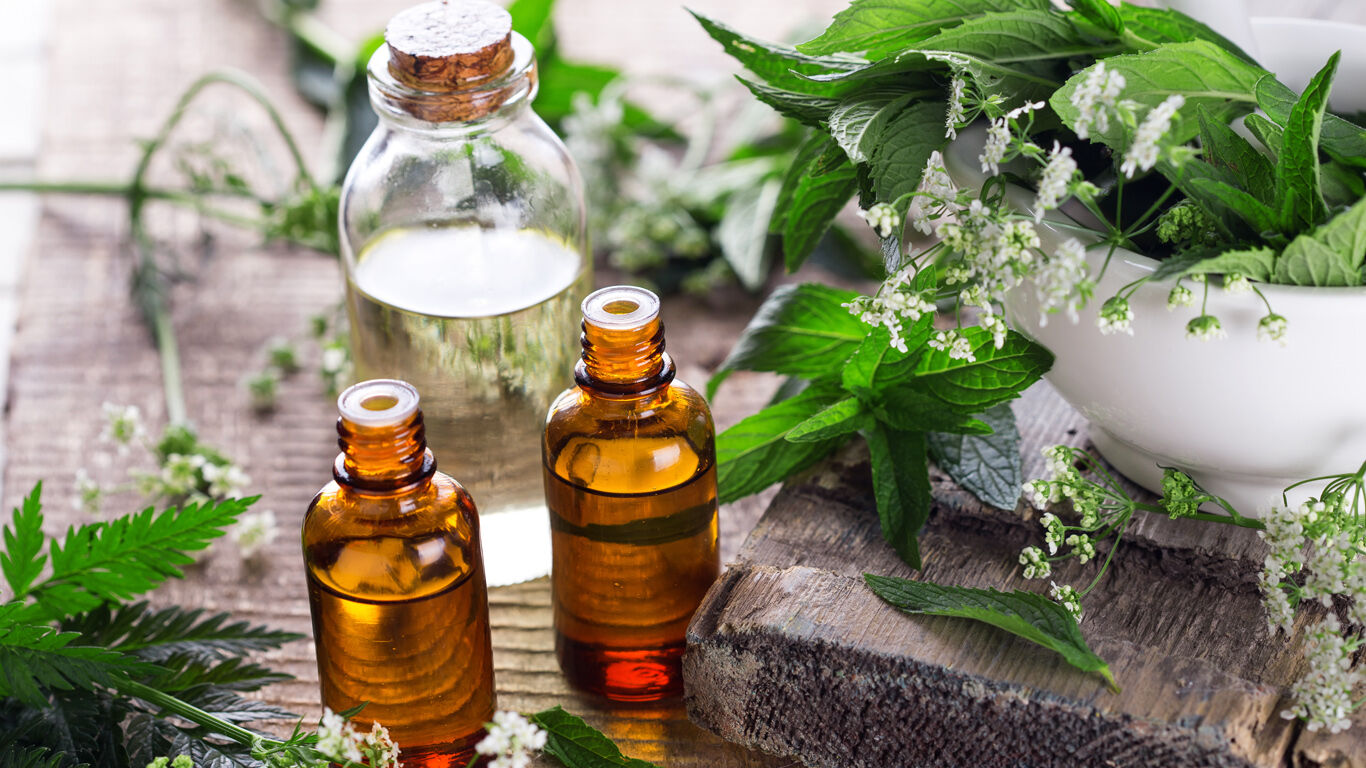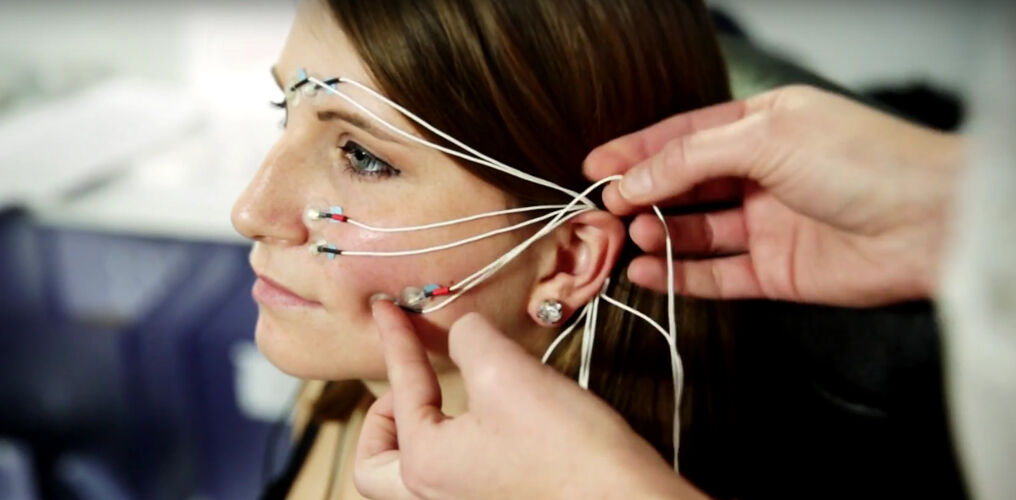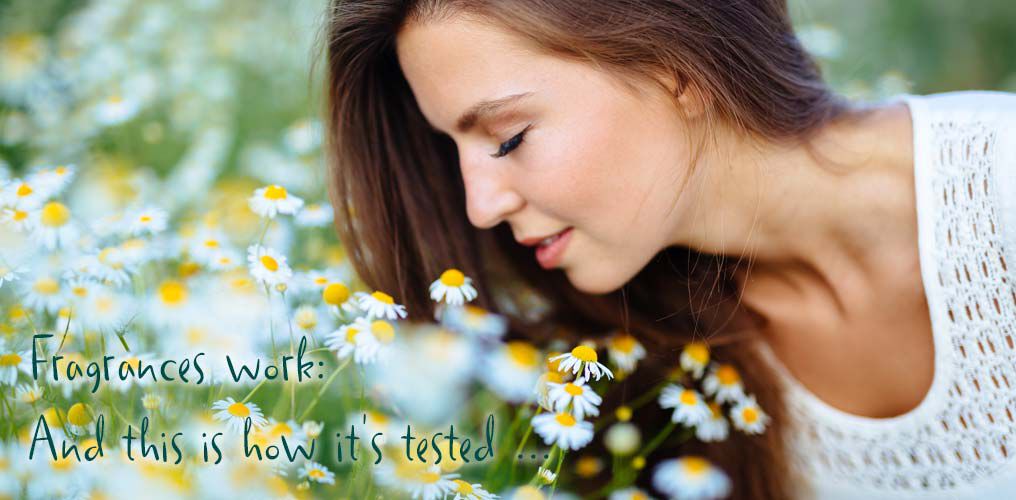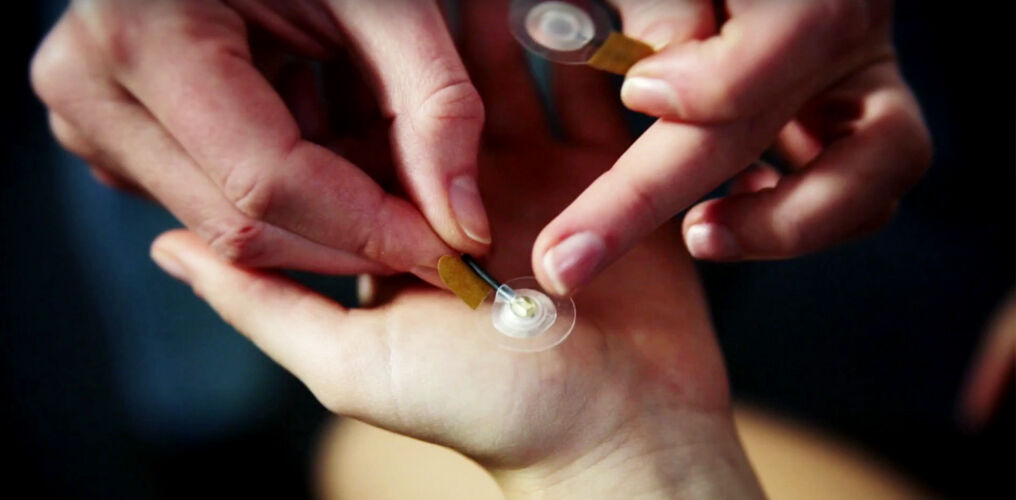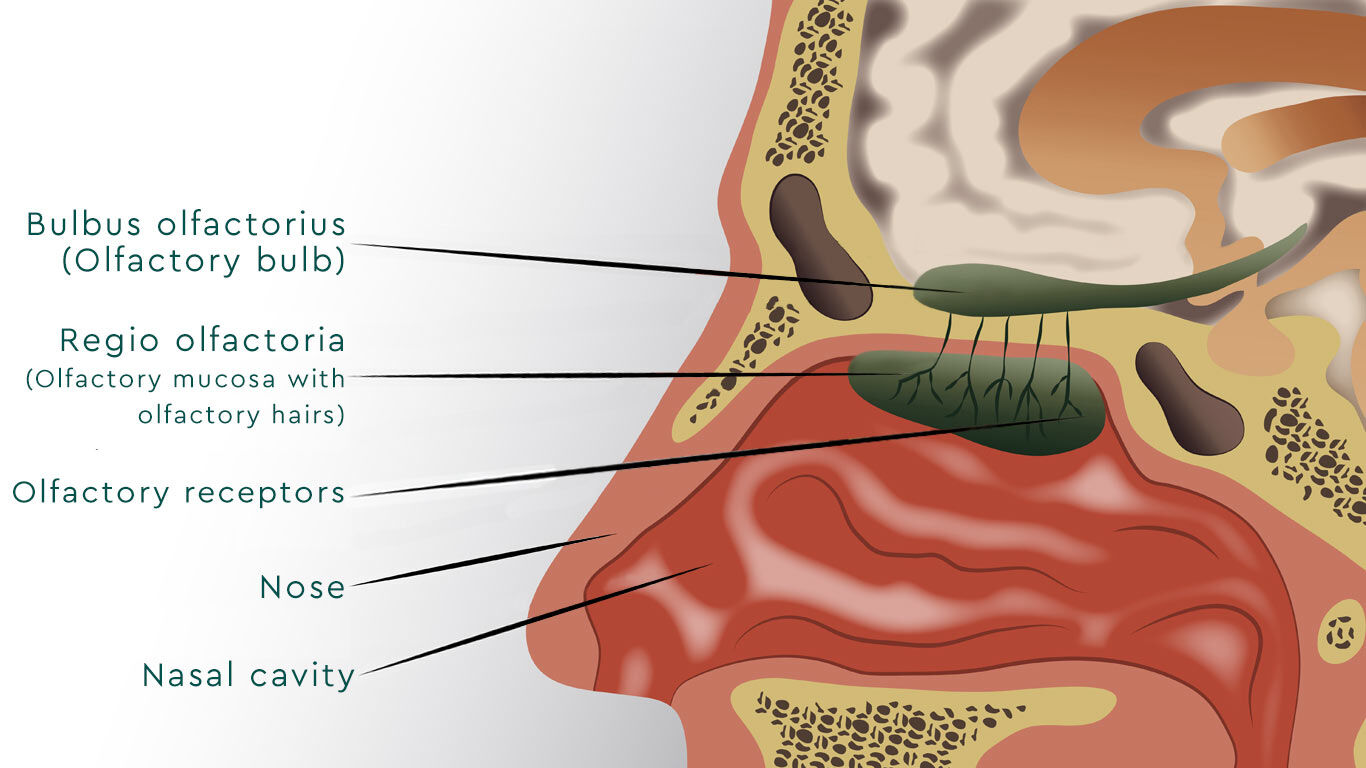Fragrances are something great: they remind us of past loves, unforgotten holidays and days long gone. They have a very special effect - and often even without us noticing.
For example, smells influence who we like and who we don't like. A fine nose protects us from danger, for example from spoiled food or escaping gas. Scents counteract stress, help to relax or stimulate and release new energy. Imagine a world without scents: It would probably be quite dreary and not very joyful to live in. Reason enough to learn more about the little wonders.
